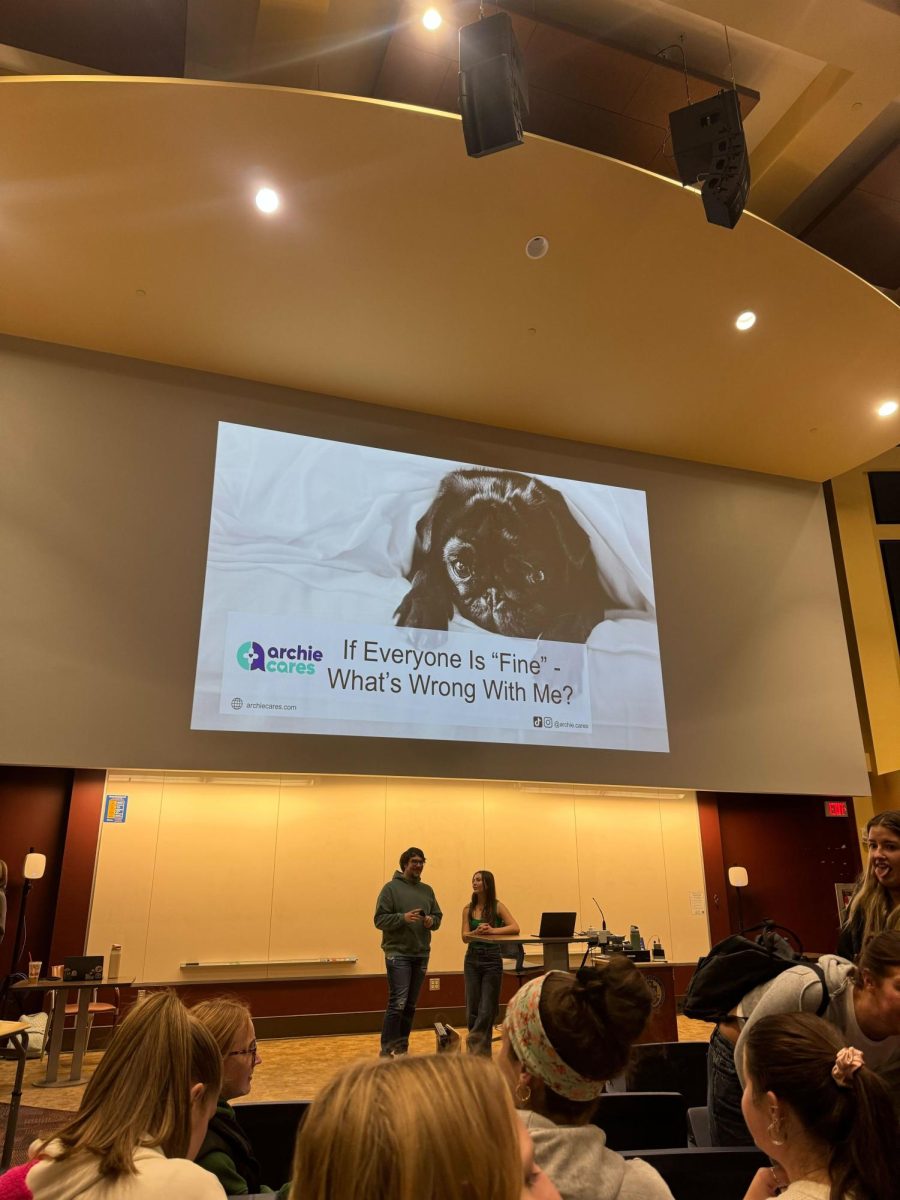Israel’s consul general shows optimism about future, looks to strengthen U.S. ties
January 18, 2005
Israel must be connected with activists and future leaders in Pittsburgh’s Jewish and college… Israel must be connected with activists and future leaders in Pittsburgh’s Jewish and college communities, Israeli diplomat Uriel Palti said in a private discussion held Friday in the Hillel Jewish University Center in Oakland.
The Pittsburgh Israel Public Affairs Committee and The Carnegie Mellon Israel Public Affairs Committee, both nonpartisan, student-led organizations on Pitt’s and CMU’s campuses, co-sponsored the event to “promote a strong U.S.-Israeli relationship.”
Palti, the consul general of Israel, discussed the Israeli disengagement plan for the Gaza Strip, Israeli international relations, and the current relationship between the Israeli government and the Palestinian Authority.
“Hopefully the disengagement plan will happen not unilaterally, but coordinated,” Palti said, referring to the obstacles that Prime Minister Ariel Sharon faces while coordinating his controversial disengagement plan.
Because of smuggling and trafficking across the Egypt-Gaza Strip border, Egypt remains “a partner playing a very important role” among the other bordering states trying to quell the eruption of terrorists’ attacks.
“We do have peace with Egypt. We do have peace with Jordan,” Palti said, adding that both Syria and Lebanon are in poor economic and military positions.
Palti addressed the amicable relationship between the U.S. government and Israel, noting that “the people in Israel are thankful” for U.S. involvement in Israeli affairs. He added that the role of the United States is “unique and indispensable,” and that without the United States, there wouldn’t have been a peace process with Egypt and Jordan.
As for Israel’s northern neighbors, Lebanon and Syria, and the Iranian nuclear threat, Palti spoke less positively.
“Lebanon is basically a puppet state for Syria,” Palti said, because of the transference of Syrian arms to Lebanon. But Syria has lost its superpower status and economic aid, Palti said, so these two states pose a weak threat. On the other hand, Iran still threatens the international and Middle Eastern communities, he said.
“Iran is a major threat to the world, the U.S. and the European community,” Palti said, adding that Israeli-Iranian diplomats now promote a serious effort to keep Iran from having nuclear power.
Palti commented on the support Sharon has received from his own cabinet and the international community for remaining steadfast on the anti-terrorist front, as well as for the disengagement plan for Israeli and Palestinian relations.
“We are in a much better situation now,” Palti said. “The whole wave of terrorism has decreased. We went through a terrible period during the last four years.”
After noting the decrease in terrorist attacks and the resulting economic recovery in Israel, Palti addressed the newly elected Ra’ees of the Palestinian Authority, Mahmoud Abbas, and the controversy surrounding his new position.
Abbas, otherwise known as Abu Mazen, met with all the Palestinian factions and showed that he can control what’s going on, Palti said. Mazen’s first goal, according to Palti, lies in his effort to extinguish Palestinian terrorism — an effort that the consul said has provoked distrust because of Mazen’s supposed links to Zionist movements.
On the whole, Palti felt that Israel is beginning to witness significant changes toward the stability of the nation, from President George W. Bush’s second term and the disappearance of Yasser Arafat to Sharon’s disengagement plan for the West Bank and the Gaza Strip.


